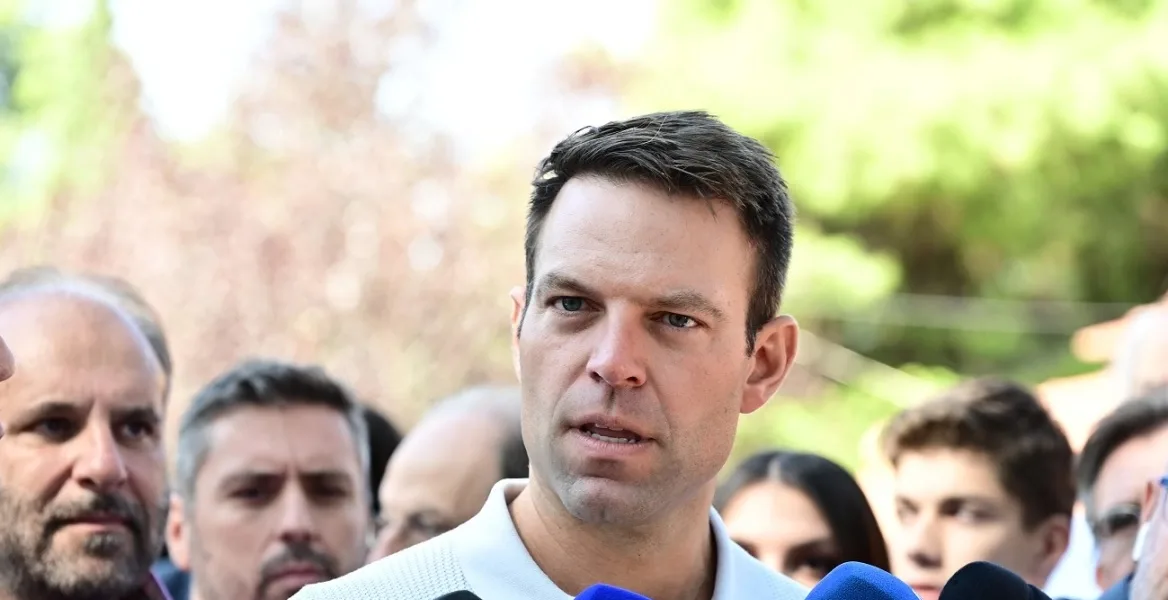Syriza, Greece's main opposition party, is in free fall. Just two months after the charismatic Stefanos Kasselakis took the helm, 11 deputies have defected, polls show Syriza trailing the socialists, and whispers of internal power struggles fill the air.
Kasselakis, an outsider with Goldman Sachs on his resume, promised fresh air and disruption. But his outsider status seems to be backfiring. Critics accuse him of acting like a corporate CEO, proposing "neoliberal" labour reforms, and surrounding himself with yes-men. Last Tuesday, Achtsioglou and Tsakalatos left Syriza and nine other parliamentarians to create a new “left-wing, environmentalist, and feminist” party. But also, a thousand local officials quit Syriza in protest.
Meanwhile, Syriza's core supporters are drifting away. Kasselakis is losing votes to both the center-left Pasok and the far-left KKE. Not even half of last June's Syriza voters would stick with them today.
What went wrong? Some blame Kasselakis's clumsy leadership and inexperience. Others point to the party's crisis dating back to 2015, when Tsipras, facing EU austerity demands, promised a "no" vote in a referendum, then promptly caved in. This betrayal of trust, argues journalist Vasilopoulou, sowed the seeds of dissent.
Even Tsipras's silence is deafening. While supporters respect his neutrality, others consider it a tacit admission of guilt for failing to reform Syriza after the 2019 defeat.
Kasselakis now has breathing room, free from his critics. But the truce is temporary. The European elections next June loom large, and a loss could be fatal for both Kasselakis and Syriza.
Greece's left is in disarray. Can Kasselakis win back the party's soul and stanch the bleeding? Or will Syriza, the once-proud voice of Greek dissent, crumble under the weight of its own divisions?
Only time will tell. But one thing is certain: Greece's political landscape is about to get even more interesting.

